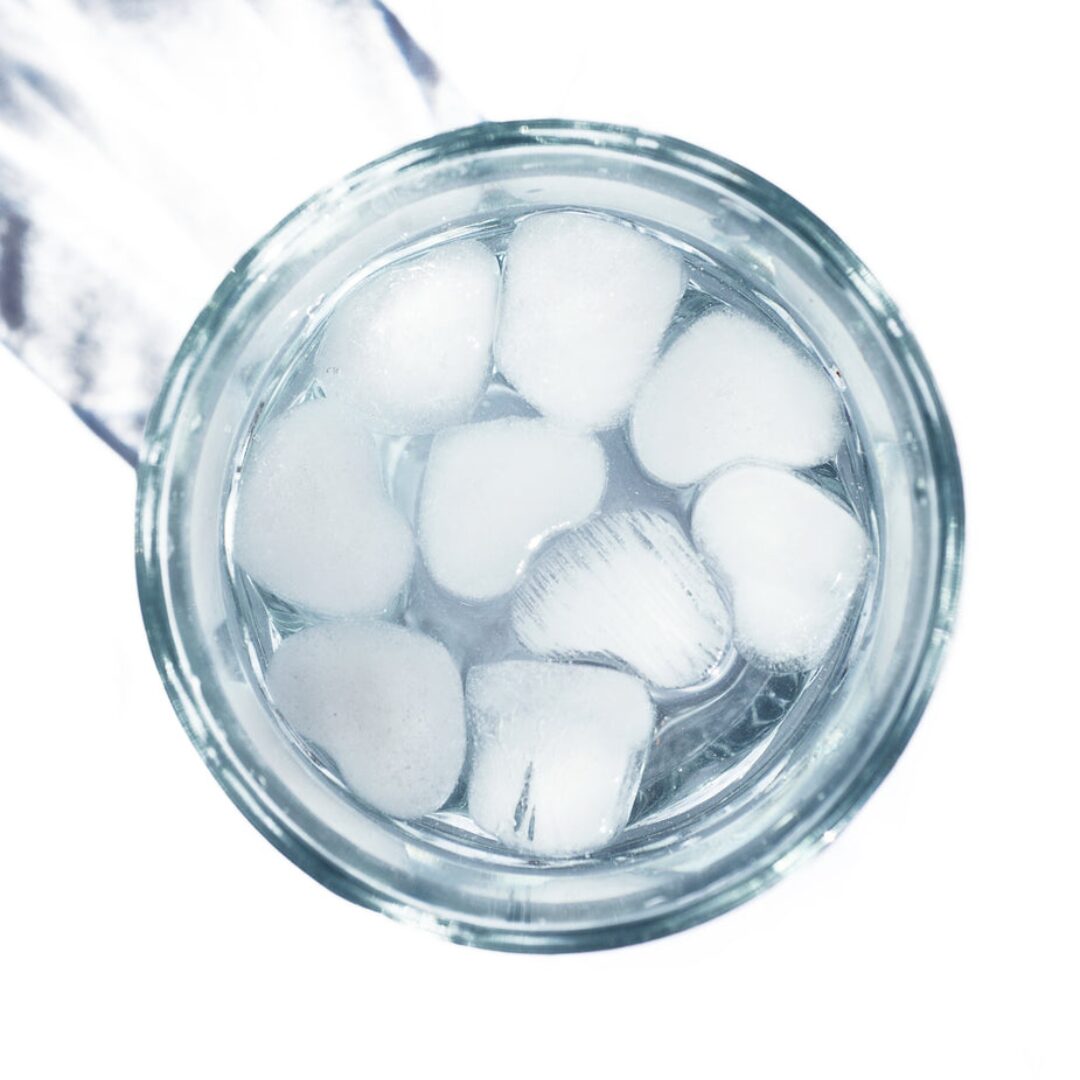Can Drinking Water Increase Your Metabolism and Help You Lose Weight?
We often forget just how important drinking water is in our journey toward a healthy weight, and how much it impacts our metabolism.
Personally, I know at the end of the day if I didn’t drink enough water, I’m often more tired, and more hungry. And then I’m into the snacks all evening! But when I drink enough water throughout the day I’m less cranky, tired and hungry. And I do notice that I lose weight over time too.
To help avoid these side effects, the best thing to do is to keep a water bottle handy to stay hydrated and keep your metabolism running at its best.
The truth is, when you’re drinking enough water, it actually revs up your metabolism. When you consume water, your body works to process it, temporarily boosting your metabolic rate. Research supports this, showing that even mild dehydration can negatively impact your metabolism.
So, staying well-hydrated helps maintain an optimal metabolic rate, which aids in calorie burning.
IN THIS ARTICLE
Hydration Strategies for Effective Weight Loss
To support your weight loss goals, incorporate some of these hydration tips:
1. Track Your Intake
Use apps or journals to monitor your daily water consumption.
2. Flavor Your Water
Add natural flavors like lemon or herbs to make drinking water more enjoyable.
3. Combine Hydration with Healthy Habits
Pair adequate water intake with a balanced diet and regular exercise to maximize weight your loss results.
Additional Health Benefits of Staying Hydrated
Proper hydration extends beyond your metabolism. It benefits your skin, aids in digestion, and enhances your overall energy levels. Hydration also plays a key role in exercise performance and recovery, helping prevent cramps and speeding up recovery times.
Tips for Increasing Daily Water Intake
To boost your daily water intake, try some of these practical tips:
1. Carry a Water Bottle
Keep a water bottle with you to make sipping water a regular habit.
2. Start Your Day with Water
Begin each day with a glass of water before you have anything else to kickstart your metabolism.
3. Incorporate Hydrating Foods
Eat fruits and vegetables with high water content to increase your hydration levels.
Making Hydration Enjoyable and Convenient
If plain water feels monotonous, consider these ideas to make it more appealing:
1. Choose a Stylish Water Bottle
Find a bottle that excites you to carry it around.
2. Try Flavoured Options
Experiment with sparkling water or herbal teas for variety.
3. Infuse Your Water
Add slices of cucumber, lemon, or berries for a refreshing twist.

Hydration is more than just quenching your thirst—it’s a fundamental aspect of supporting a healthy metabolism and achieving your weight loss goals. The more you understand the impact of water on your metabolism, adopting effective hydration strategies, and consistently increasing your water intake, you’ll improve your overall health and fitness journey.
Remember, a well-hydrated body is a more efficient and healthier one.
Frequently Asked Questions
1. How much water should I drink to boost my metabolism?
Aim for about 15.5 cups (3.7 liters) of fluids a day for men, and 11.5 cups (2.7 liters) of fluids a day for women. (Source) However, everyone’s needs can vary based on things like body size, activity level, and climate. Some research suggests that drinking 500 milliliters (about 17 ounces) of water can temporarily boost metabolic rate by approximately 30% for about 30-40 minutes, which is pretty incredible!
2. Can drinking water before meals help with weight loss?
Of course, drinking water before meals can help with weight loss. It can increase feelings of fullness and reduce your calorie intake during meals. Some studies show that drinking around 500 milliliters of water before meals can lead to consuming fewer calories and, subsequently, weight loss over time.
3. Are there specific types of beverages that are more effective for boosting metabolism?
Water is the best and most effective beverage for boosting your metabolism. While other beverages like green tea and coffee can have metabolic benefits due to compounds like caffeine and antioxidants, they’re still not substitutes for water. Maintaining your hydration levels with plain water is the best for your overall metabolic function.
4. How does dehydration impact metabolism and weight loss efforts?
Dehydration can slow down your metabolism and make weight loss even more difficult than it is. It can impair your body’s ability to burn calories efficiently and can also lead to increased hunger or mistaken thirst for hunger. When you stay well-hydrated, you should notice your metabolism works better and it will be easier for you to manage your weight more effectively.
Thank You Credits: Cover photo by Samantha Hurley and lemon water photo by Farah on Shopify.
Discover more from The Unscripted Femme
Subscribe to get the latest posts sent to your email.
